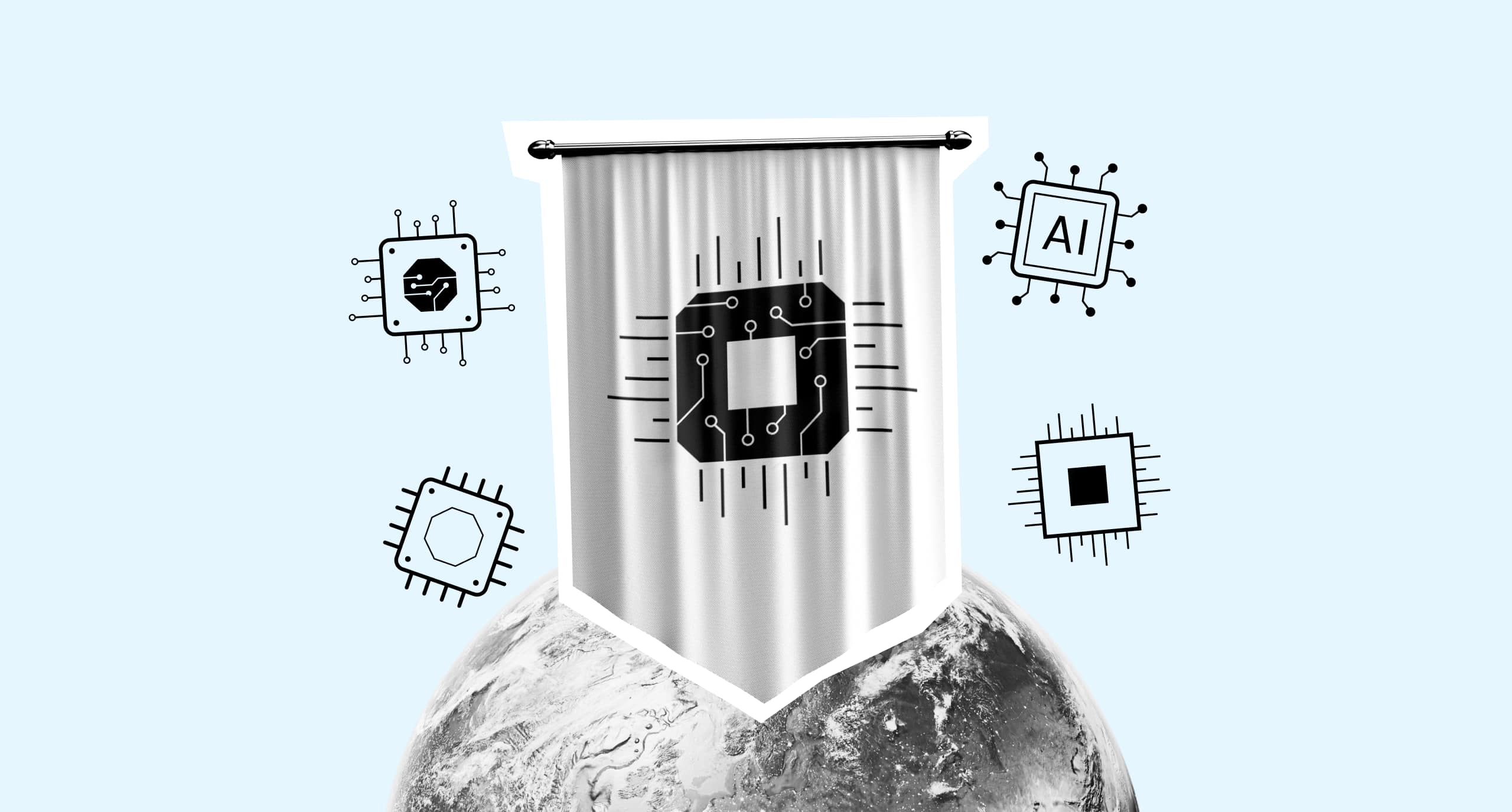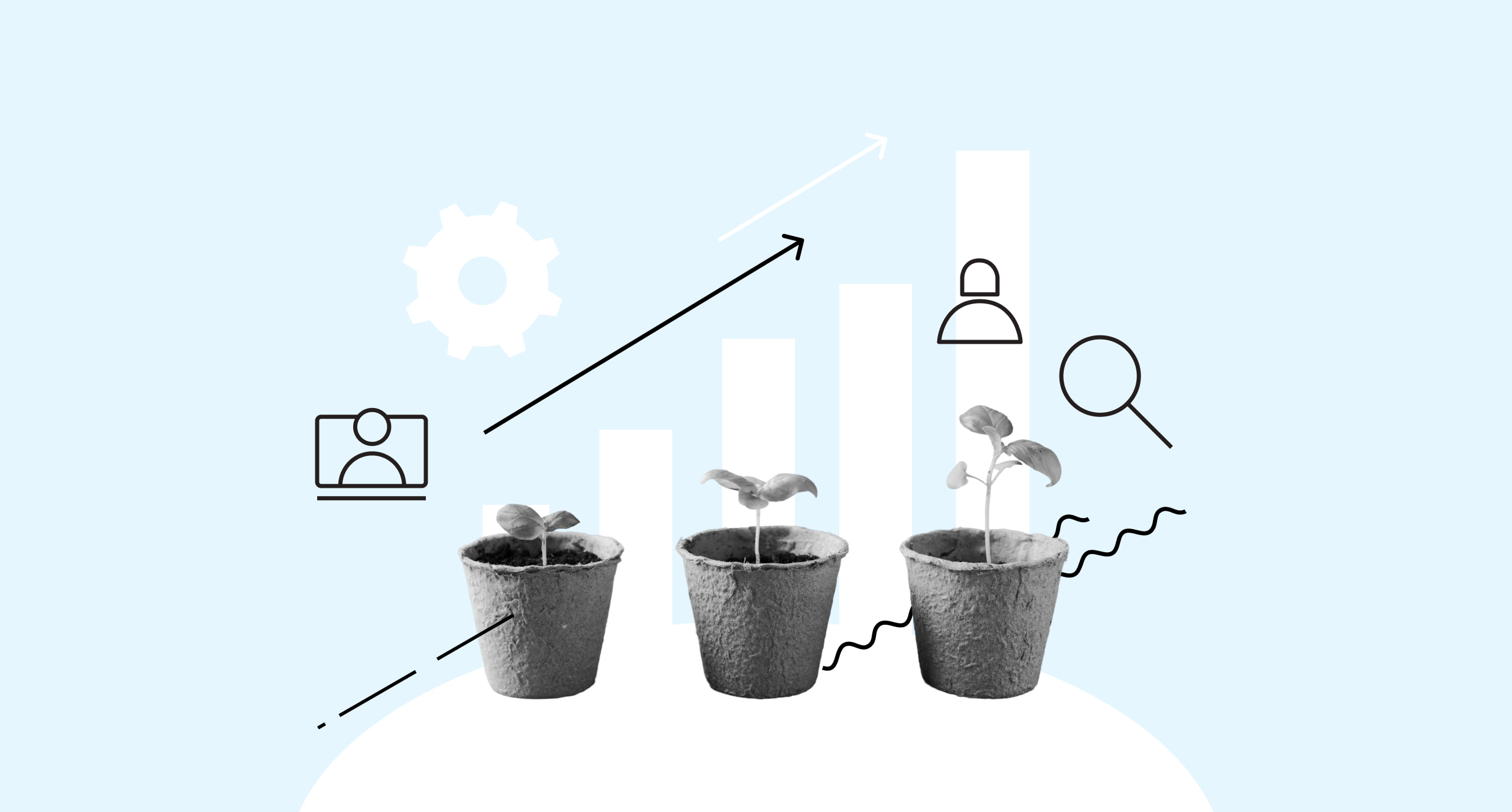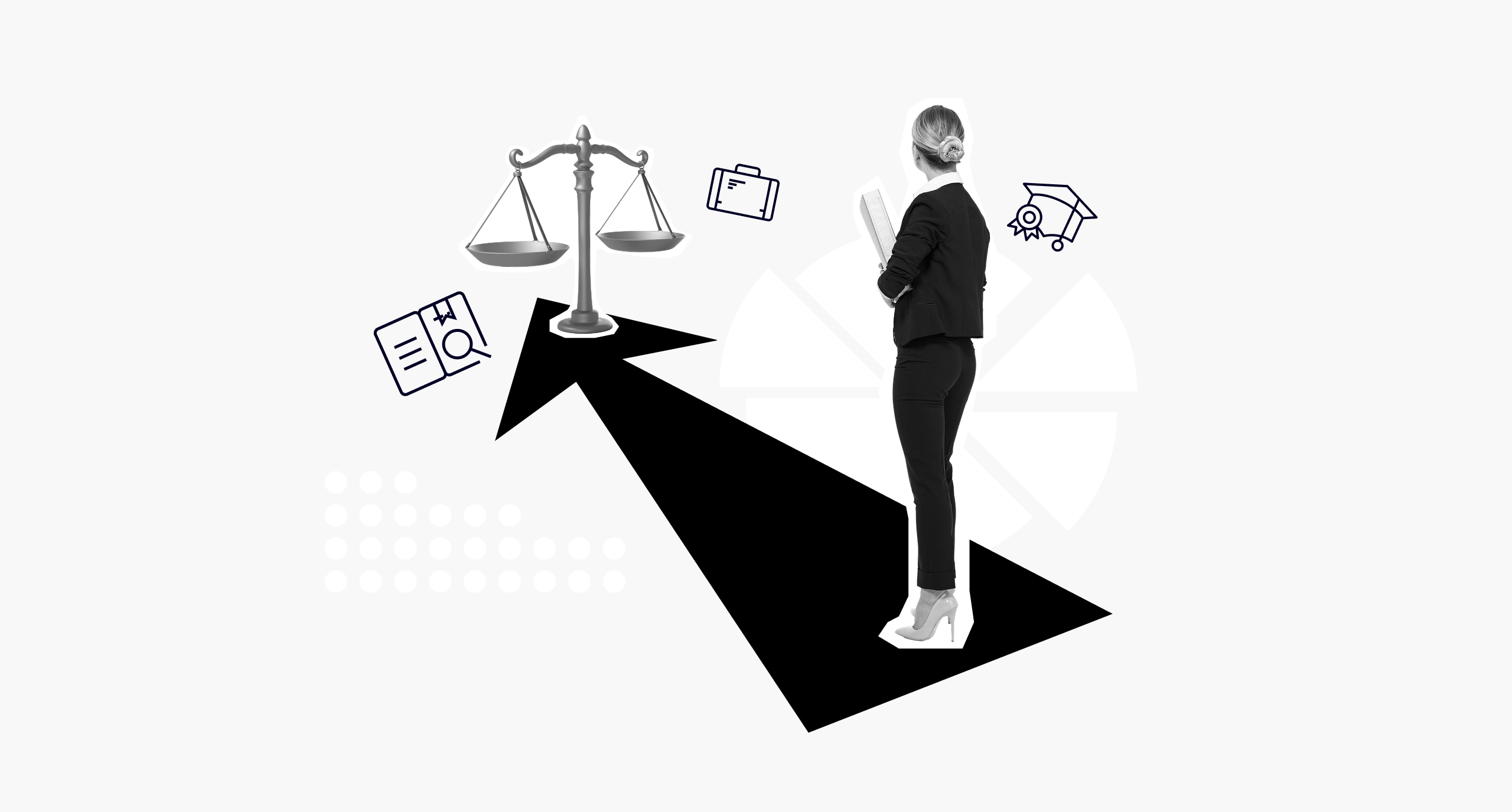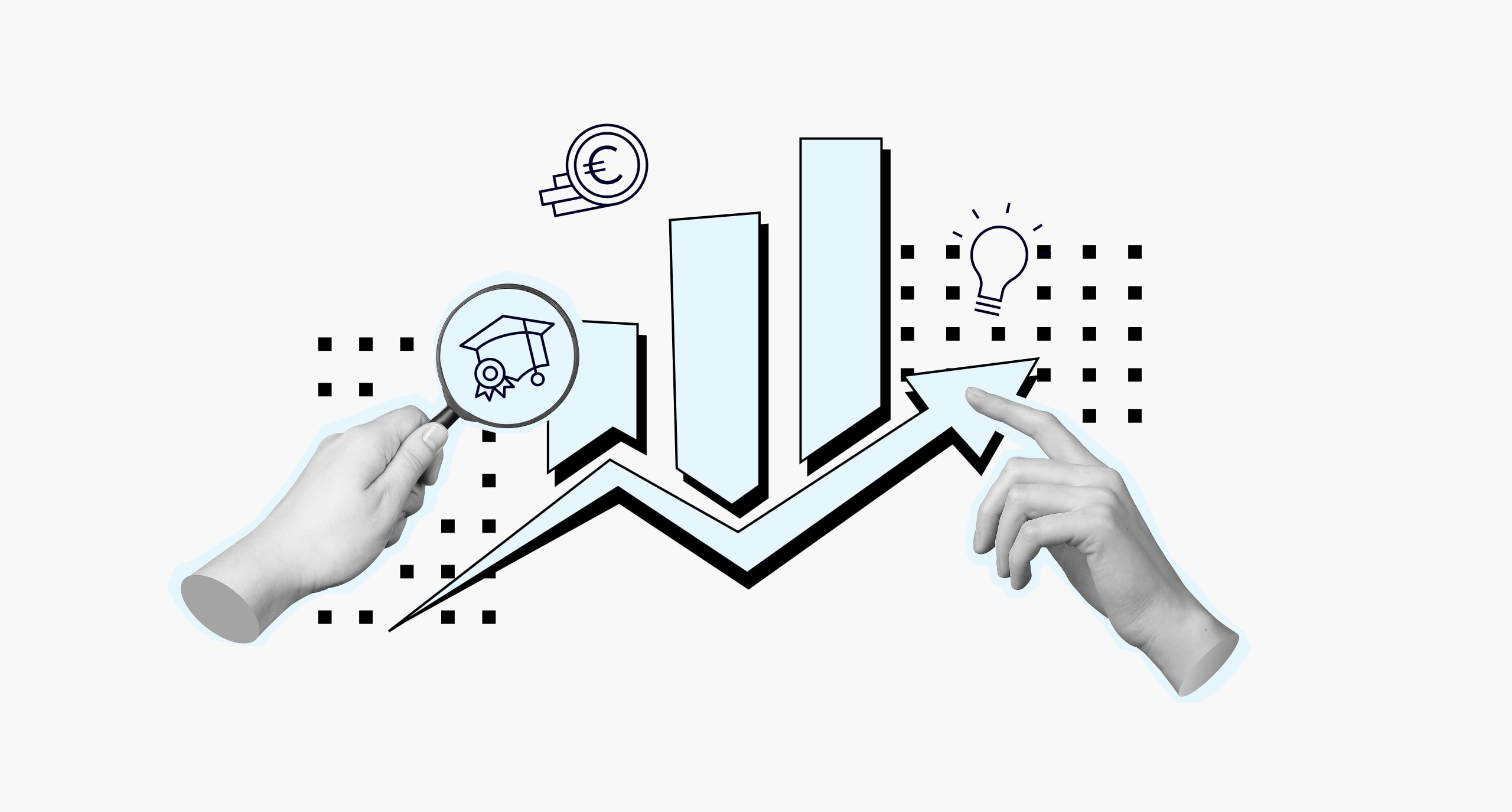The economic impacts of climate change will affecting nearly every aspect of our lives. That includes how we work, to where we travel, who we vote for, and what we buy. Pedro Gete, professor of the Master in Applied Economics, knows this all too well—and is working to pave a brighter future through the lens of economics.
Let’s look back at one of Pedro’s exclusive masterclasses at IE Business School to uncover eonomic risks and solutions for the ongoing climate crisis.
How economics helps us understand climate change
Pedro boasts an impressive academic and professional trajectory, with both a Master and PhD in Economics from the University of Chicago under his belt. He’s taught at several American universities—such as Georgetown University and the University of Pennsylvania—as well as IE Business School.
From the imminent risks caused by climate change to the response on behalf of banking institutions and innovative new startups, Pedro knows exactly how economics can help us understand the challenges and opportunities arising from climate-fueled changes.
Risks of climate change
There’s been a surge of natural disasters in recent years, including floods, wildfires, drought and hurricanes. And no one is exempt from these disasters. Record-breaking storms are now hitting regions that normally don’t see them, such as Central Europe.
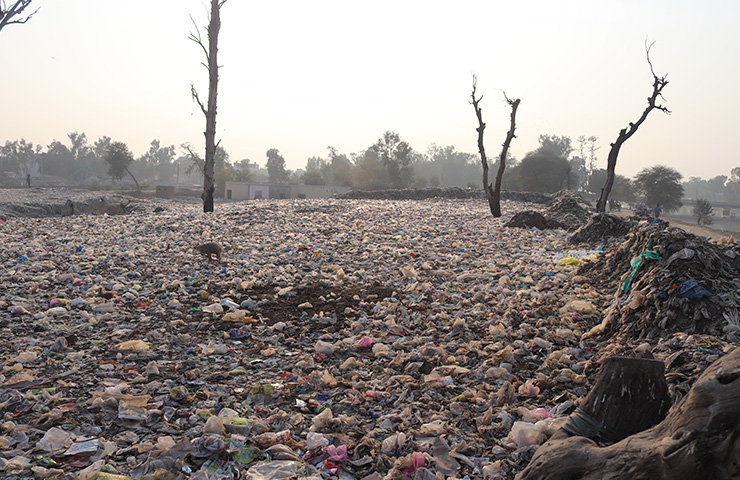
But we can’t simply wait for the storm to pass: “Climate change has no expiration date.”
These disasters have both short-term and long-term economic impacts. “Weather-related financial losses are increasing, but the percentage of losses that are insured is not matching the increase in loss,” Pedro explains. “How do we provide insurance when there are so many unknowns, in terms of weather?” For example, after a local flood, the community would not only have to pay for the damages to their homes—they’d also have to pay more to insure their property moving forward.
Besides the physical and financial risks stemming from climate change, there are also “transition risks” that arise from a change in society’s mentality, Pedro explains.
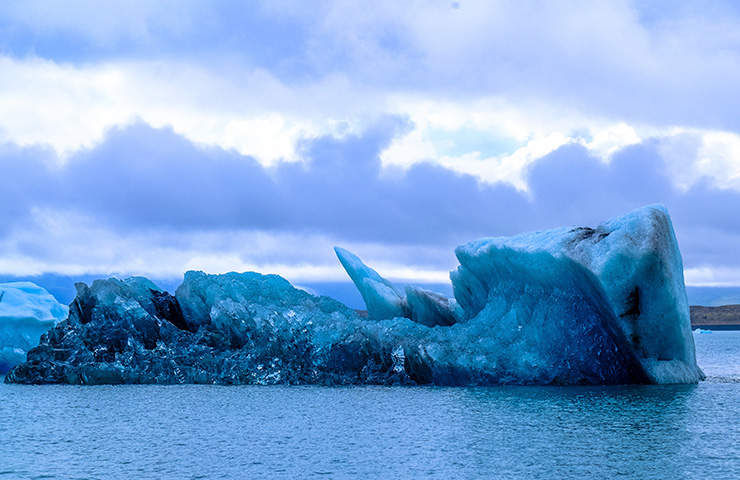
These include shifts in policy, technologies, personal preferences and norms. In turn, they will have an effect on households, companies, and entire countries. For example: if a business decides to do away with plastic packaging and switch to recycled carton, this could result in a higher cost of doing business. This is later be reflected in the prices of the goods they offer.
Central banking & regulations shape economic impacts of climate change
Of course, it’s not just individuals and companies who play their part in responding to the climate crisis.
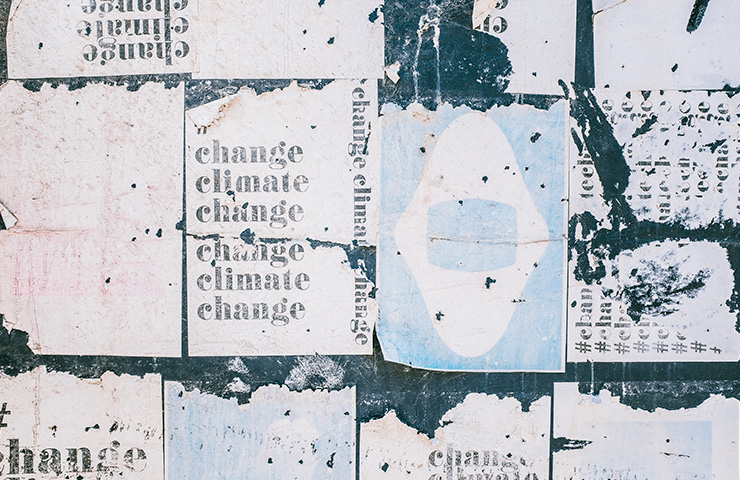
It is also the responsibility of governments, NGOs and banking institutions to try to pave the way forward.
The European Banking Authority has been collaborating with organizations to create better policies. One such policy includes the rule that EU banks must disclose the percentage of their loans and securities which adhere to the EU taxonomy. These new policies and guidelines aim to steer capital away from polluters and force investors. As such, money can be channeled into greener initiatives.
Several countries have placed their bets on is climate stress testing. As Pedro explains, this “consists of testing banks’ and corporations’ resilience in a range of different climate scenarios.” These tests can help us better prepare for climate crises—both gradual and acute—so as to stabilize the market. However, Pedro warns that we’re still perfecting these testing programs. We simply don’t yet have a solid way to quantify different indicators of risk.
New careers in economics: Sustainable startups & climate-smart investing
So, how can future economists like you play a part in creating a more stable and sustainable future?
Innovative startups like Cooler Future, Trine, and OS-C (which Goldman-Sachs has recently joined as a member), make it easier to invest without hurting the planet. “These initiatives are part of a bigger wave of climate-smart investing,” says Pedro. “They promote investments that are financially smart, low risk and make a positive impact.”
As an applied economist, you can encourage climate-smart investing in any role, whether you’re a consultant, the founder of a startup, or a leader in a multinational corporation.
Winners and losers: Real estate and climate change
“Real estate is directly affected by climate.” If you had any doubt before the masterclass, Pedro made it very clear that the real estate industry is not exempt from the effects of climate change, with coastal properties sinking, beach houses falling off cliffs, and buildings being swallowed by receding shorelines. But not all buyers bear the brunt of these effects.
Pedro cited a Greenpeace report about La Manga del Mar Menor, predicting the land will sink across subsequent decades. After the report’s release, property prices logically dropped on the coast. However, rental prices for more inland spots stayed the same.
Why is this an issue? According to Pedro, this response creates a divide, a line drawn between the winners and the losers of climate change. “High-income earners will move to the top of the hill, so to speak, and low-income people will be stuck at the bottom of the hill, in high-risk areas of real estate.” This divide is called climate gentrification, and its biggest enemy is those people and companies who vote for policies that only favor their own interests, without prioritizing long-term effects.
“We need a way to all work together with the same goals, because climate change has a great impact on inequality,” Pedro concluded.
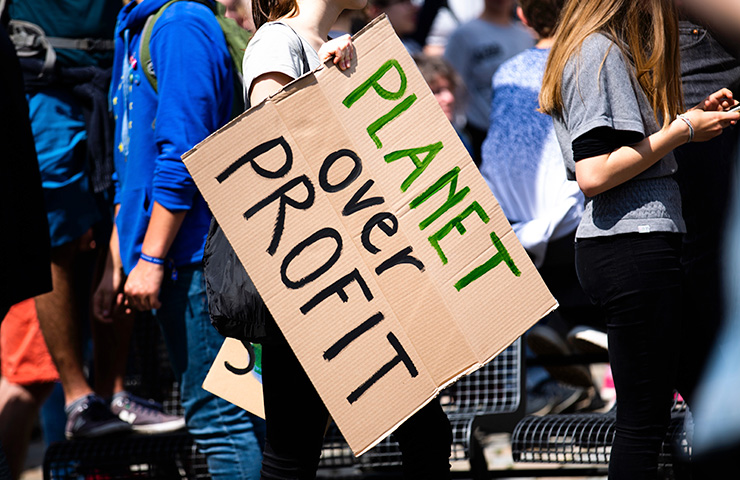
The big picture
Pedro makes clear the climate crisis will affect the real estate sector, the banking industry and the broader economy. The best way forward—for your career and for the planet—is to embrace the innovative, long-term solutions that put equality and the planet front and center.
Discover more about the economic impacts of climate change
Discover how our new Master in Applied Economics can propel you to the forefront of the industry.

Benjamin is the editor of Uncover IE. His writing is featured in the LAMDA Verse and Prose Anthology Vol. 19, The Primer and Moonflake Press. Benjamin provided translation for “FalseStuff: La Muerte de las Musas”, winner of Best Theatre Show at the Max Awards 2024.
Benjamin was shortlisted for the Bristol Old Vic Open Sessions 2016 and the Alpine Fellowship Writing Prize 2023.

